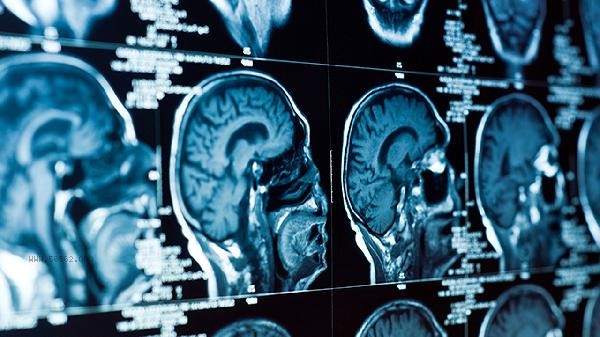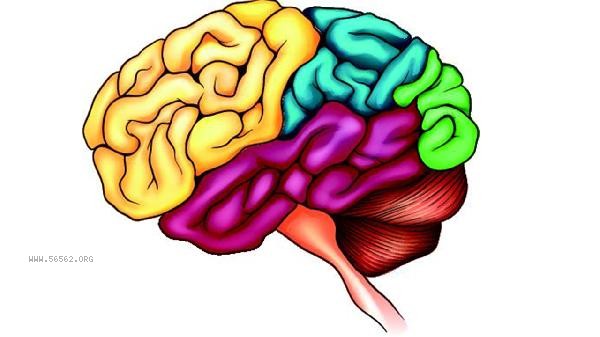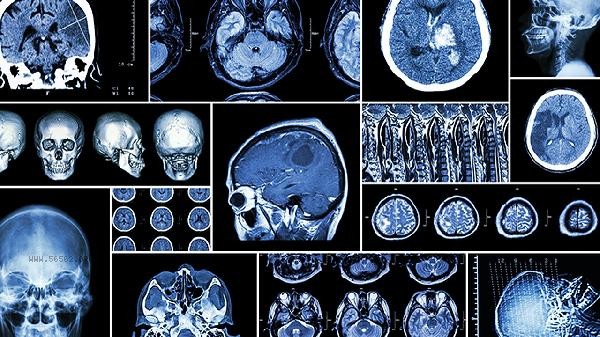Sudden transient amnesia in the brain may be related to transient ischemic attacks, epilepsy, hypoglycemia, psychological factors, or traumatic brain injury, and can be improved through medication, etiological treatment, cognitive training, psychological intervention, and lifestyle adjustments. It is recommended to seek medical attention promptly to identify the cause and follow the doctor's advice for targeted treatment.

1. Drug therapy
For amnesia caused by transient ischemic attacks, antiplatelet drugs such as aspirin enteric coated tablets and clopidogrel hydrogen sulfate tablets can be used according to medical advice. For epileptic seizures, antiepileptic drugs such as levetiracetam tablets and oxcarbazepine tablets should be taken. Hypoglycemic patients need to quickly replenish glucose, and after traumatic brain injury, ganglioside sodium injection can be used to nourish the nerves. All medications must strictly follow the doctor's guidance and avoid self adjustment of dosage.
2. Etiological treatment
For patients with vascular stenosis, carotid artery stenting may be necessary, and for those with arrhythmia, cardiac radiofrequency ablation treatment is required. Diabetes patients should be standardized sugar control, hypertension patients need to take long-term antihypertensive drugs. After the cause is resolved, memory function can gradually recover, and regular follow-up evaluations are needed to assess the treatment effect.
3. Cognitive training
strengthens short-term memory ability through memory cards, digital memory games, etc., combined with directional training to improve temporal and spatial perception. It is recommended to engage in daily cognitive rehabilitation exercises, combined with language logic training, to continuously stimulate the reconstruction of memory related neural circuits in the brain.

4. Psychological Intervention
Stress induced amnesia requires psychological counseling to alleviate anxiety, and post-traumatic patients can use exposure therapy to deal with psychological shadows. Pseudo dementia caused by depression requires the use of antidepressants such as paroxetine, as well as the establishment of a social support system to reduce psychological triggers.
5. Lifestyle adjustment
Ensure daily deep sleep, control blood pressure and blood sugar within normal range, and avoid vascular damage factors such as smoking and drinking. Increase the intake of foods rich in unsaturated fatty acids such as salmon and walnuts, engage in moderate aerobic exercise to promote blood circulation in the brain, and establish a symptom diary to record the regularity of attacks.

Daily monitoring of memory changes is necessary, and the duration and accompanying symptoms should be recorded during attacks. Control cardiovascular risk factors, avoid excessive fatigue and emotional excitement. If memory loss occurs frequently or is accompanied by symptoms such as limb numbness and speech disorders, one should immediately seek medical attention at the neurology department. Long term unrelieved patients need to undergo cranial MRI and EEG examinations. After ruling out organic lesions, non pharmacological methods such as mindfulness meditation can be used to improve brain function.








Comments (0)
Leave a Comment
No comments yet
Be the first to share your thoughts!